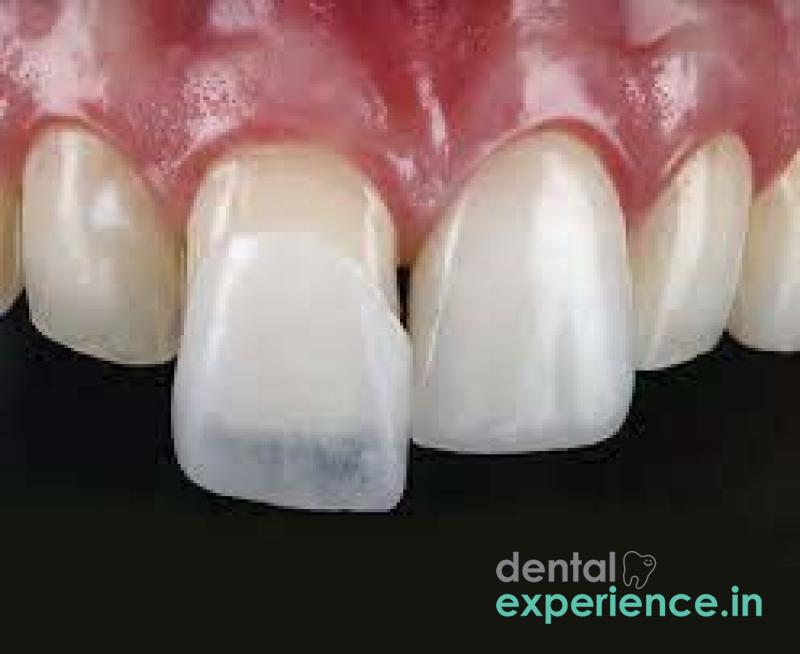You may have had a dental crown fitted in the past but what you may not know is whatever material they are made fr ..
Dental Veneers/Laminates
Introduction | Purpose | Ideal Patients | Types | Treatment Steps | Benefits | Advantages | Durability | Treatment Time | Cost | Risk & Complications | Disadvantages | Alternatives | Aftercare |
Fast facts

7500-12000
Treatment Longevity :
Long term
Treatment Duration : 2 to 3 appointments in 7 days
Maintenance required
Have a professional cleaning 2-4 times per year
Avoid the use o ultrasonic scalers and air abrasives during hygiene office visits
Take special care when biting into or chewing any hard foods. Use your back teeth to avoid placing torque on the veneer
Get yearly fluoride treatments
Brush and floss daily
Use a fluoride toothpaste and mouthwash as prescribed by your dentist
Reduce intake of refined sugars and chewy foods such as caramels
Results
Can be highly esthetic but eventually may darken if the underlying tooth structure becomes darker.
Fractured teeth can be restored or even improved
A polished, natural – appearing result that effectively closes spaces
Polished, natural – appearing results that can make teeth seem straighter and is more stain resistant than bonding
Deep overbite or closed bite correction
Crossbite & Open bite correction possible
Protrusion correction possible
